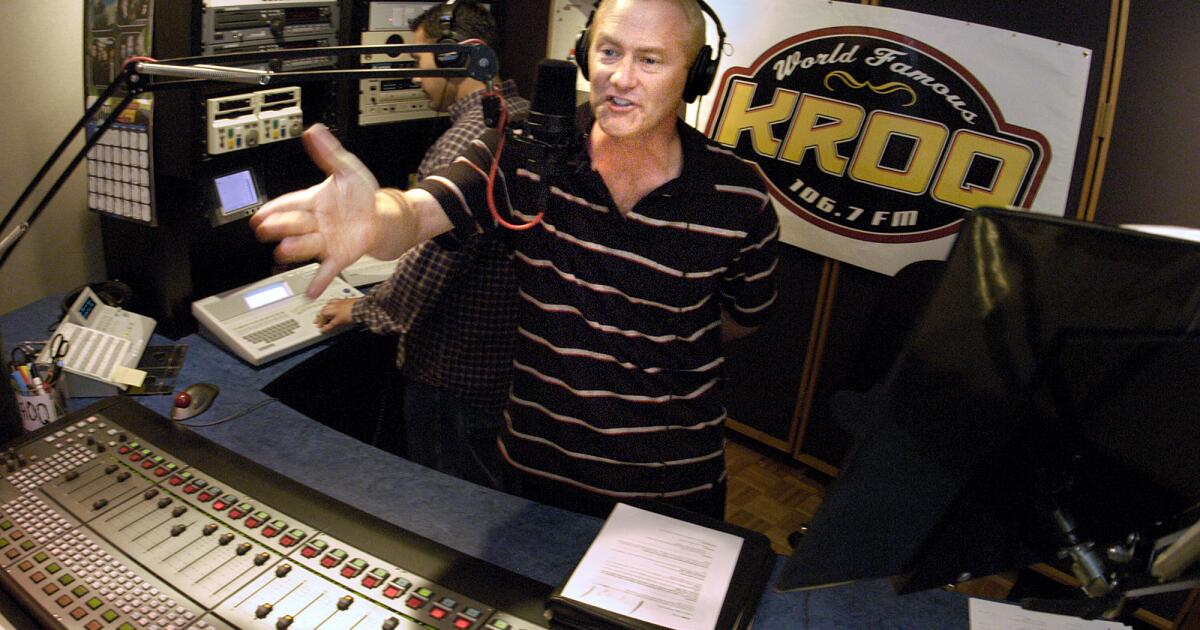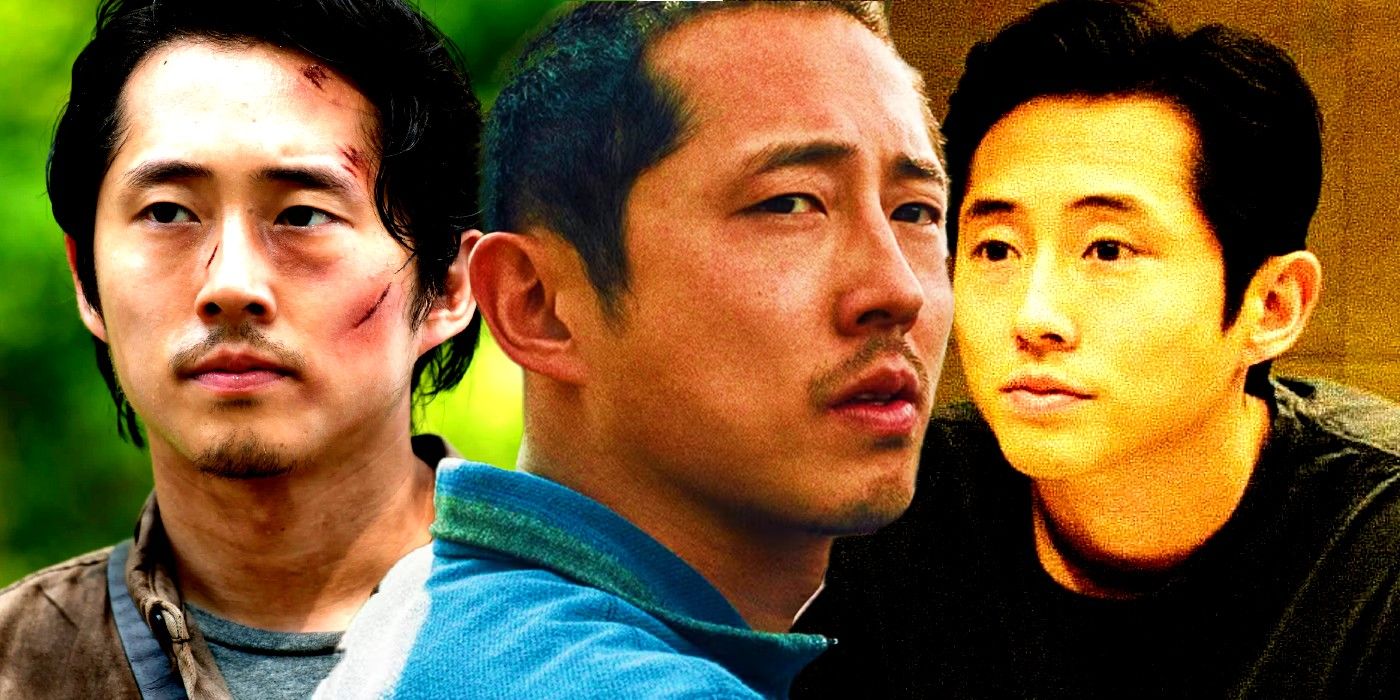Interview: Kelvin Han Yee of YANKEE DAWG YOU DIE at East West Players
“It’s a full-circle moment to play this role. It’s a gift and I’m having a great time,” muses actor Kelvin Han Yee on his current undertaking: playing the elderly actor Vincent Chang in Philip Kan Gotanda’s Yankee Dawg You Die at East West Players. Decades before cementing himself in the pop culture consciousness as Ali Wong’s curmudgeonly father in Beef, Yee originated the role of Bradley Yamishita (played in this production by Daniel J. Kim). As Yee describes it, the two-hander play is a “meeting of two actors— a young politically correct actor and an older actor who came up in the Golden Age of Hollywood… an age that may not have been so ‘golden’ for Asian American actors. Their friendship produces this discussion and history lesson about where we’ve come from: a history of Asians in the media and in America.”
When Yee originated the role of the young actor in 1988, he had just come off of filming A Great Wall— a 1986 comedy that was the first American movie ever filmed in the People’s Republic of China. “When we went to film this movie in Beijing, China was a bit like North Korea is today. Nixon had just opened the ‘Bamboo Curtain’ and it was kind of a big deal.” Yee recalls how the success of the movie had him “poised to be the next big thing” and still feels that “If I was a white actor coming off of a success like that, I would’ve been poised to jump into a tentpole movie or TV series. But that didn’t happen for me, because I was like Bradley I didn’t accept roles I couldn’t be proud of.”
Instead of chasing after Hollywood glamour, Yee invested himself in San Francisco’s burgeoning Asian American theatre scene. In hindsight, Yee hazards, it is the Asian American artists like Gotanda who broke barriers as writers, producers, and directors who helped shift the ways Asian characters are portrayed in the media. “One of the reasons there are more opportunities for me— I don’t have to play Mr. Moto or Charlie Chan, I get to play some good roles— is because of this play. It inspired a whole generation of young Asian American people to get into the game as writers, directors, producers. Joy Luck Club, Better Luck Tomorrow, Everything Everywhere All at Once, Crazy Rich Asians, Beef… these are actually coming from us. Even the casting directors on shows like Kung Fu and Beef are Asian American. That makes a difference. I believe Yankee Dawg You Die was one of things that inspired a generation of young people.”
Yee recalls giving an interview to the LA Times upon the LA premiere of Yankee Dawg where he was asked to name a portrayal of an Asian American character on screen that he felt was demeaning or insensitive. When the Times published his answer, Gedde Watanabe’s portrayal of Long Duk Dong in 1984’s Sixteen Candles, Yee was terrified to be introduced to Watanabe at a party. “He was generous and forgiving,” Yee explains. “He told me, ‘You said what you said, and it’s good that you said it.’ That taught me a lesson: I’m a part of a community. From that time on, when I see an Asian American actor enter the waiting room at an audition, I recognize him as my brother. We compete in a sportsmanlike way. A gentlemanly way.”
Yee asserts that the conversation held in Yankee Dawg is still pertinent. “We are in a different world now, but racial stereotypes— it’s just not good acting. Too simple. Too easy. You’re not doing the work. Your mission as an artist is to do the good work. Even if it’s just a walk-on role, a Chinese waiter can be played with dignity. Truthful. Charlie Chan— that’s not what a real human being is. You can play funny characters, but not in a way that portrays human characters untruthfully. Even if I play a bad guy, you’re gonna be able to relate to him, because I’m bringing humanity to him.”
To post a comment, you must
registerand
login.












